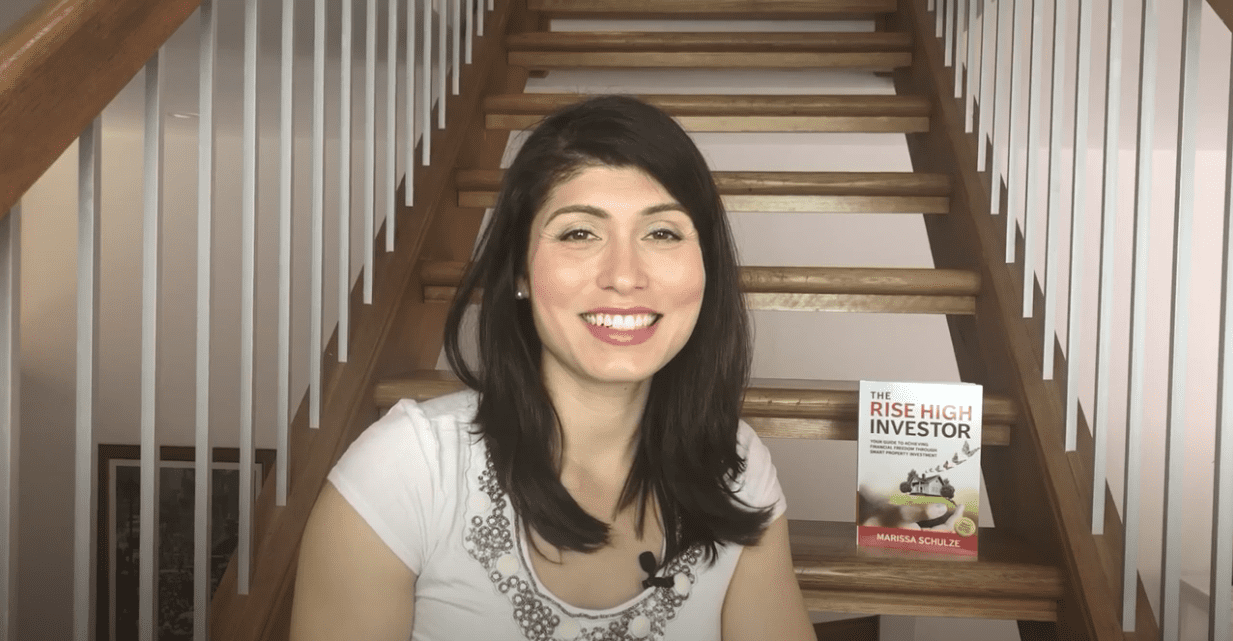In a time when rates are changing and there’s talk of rate movements it’s particularly important to make the right decision about whether you’re going to get your home loan or property investment loan into a fixed rate or keep it variable.
Fixed Rate Loans:
As opposed to variable-rate loans, these kinds of loans allow you to pay a “fixed” rate for a specific period of time, often lasting between 1 and 5 years.
Pros:
- Easier cash flow management and budgeting: Since the rate of your loan is fixed, you can easily take a set and forget approach when it comes to repayments! The certainty that comes with knowing exactly how much you will need to budget for, will moreover allow you to plan your finances well into the future
Cons:
- Since the rate is fixed, you will not be able to make the most of cheaper interest rates
- Less flexibility: there may be limits in how much you can pay off during that fixed-rate period, which means you might be unable to take advantage of other loan features such as redraw facilities or offset accounts
- Break costs: If you plan to refinance or sell your property, you basically break the terms of your fixed rate, which might come with high break fees. We cannot quote these costs from the beginning of your loan, as they are dependent on multiple variables that change throughout time. If you are really certain that you will be holding the property during that period and are not planning to refinance or sell it, this might not be an issue
Variable Rate Loans:
As their name suggests variable rate loans are those with rates that increase and decrease throughout the period of your loan. They can present variation as often as monthly, and often change depending on factors such as reserve bank movements or cash flow pressures.
Pros:
- Flexibility: You can pay extra cash into your loan and pull that money out again if need be
- Offset: If you are good at saving, variable rate loans might be the perfect option for you, as you can attach offset accounts to your loan, ultimately decreasing your interest payments overall
- Refinancing: Variable rates make it a lot easier to refinance your loan to another lender to take advantage of better rates in the marketplace
- Break Fee-free: If you decide to sell your property and your loan is on a variable rate, there will be no break fees associated with the sale
Cons:
Due to their variable nature, these kinds of rates come with an added risk factor; if rates go up the value of your repayments will increase too!
Ultimately, this can result in you having to spend much more money on interest and repayments if rates happen to increase and remain high for prolonged periods of time, and can also translate into cashflow uncertainty making it harder to stick to your budget and plan accordingly. However, if rates go down, this “disadvantage” can play to your advantage! Resulting in much lower interest rates and repayments throughout the lifespan of your loan.
Split loans: the best of both worlds!
If you would like to take advantage of the benefits that Fixed Rates and Variable Rates offer, you can do so by splitting your loan!
Ultimately, this will allow you to determine the degree of exposure you have to the pros and cons of each, by determining what portion you would like to keep fixed and which one should remain variable. The decision will ultimately depend on personal circumstances such as how much you can save during that fixed-rate period, as well as what your cash flow budget might look like.
Should I choose fixed rate, variable rate, or split loans?
When assessing whether you should fix your loan or keep it variable, it is important that you take a long-term view to understand what might happen throughout the duration of your loan. The right decision should involve a consideration of your personal circumstances (upcoming expenses, lifestyle decisions, and others), as well as external factors including market trends and expected rate variations, which your mortgage broker can definitely help with!
Would you like personalized advice specific to your circumstances? Get in touch with us by leaving your details below! We would love to help.


